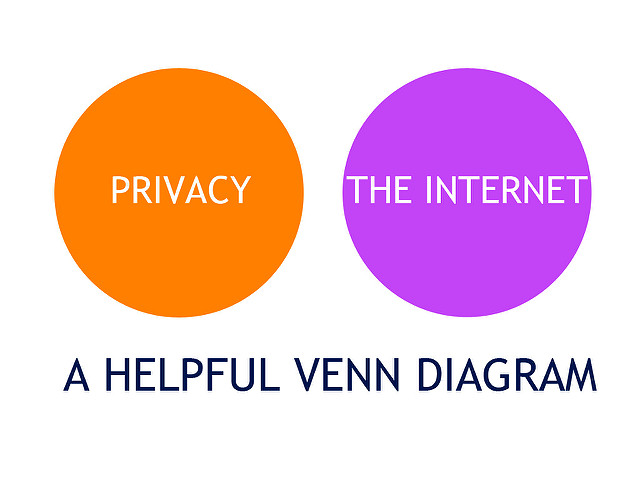Senate Undoes Internet Privacy Protections
On Thursday, March 23, the US Senate voted to repeal policies requiring internet companies such as Comcast to protect consumer privacy.
The regulations were originally designed in October by the Federal Communications Commission (FCC), but have been awaiting enactment since. Had they been put in place, internet providers would have needed consent from the consumer before sharing consumer information such as location, financial and health information, children’s information, as well as web browsing history.
The legislation was quietly voted on while most people were busy focusing on the healthcare bill.
A total of 98 senators voted on the matter – the missing two Republicans were absent. All 48 Democrats voted to keep the protections while the 50 Republicans voted to undo them. The bill will now proceed to the House of Representatives, but if party lines continue to be kept it will likely be passed there as well. After that, the bill needs the signature of President Donald Trump to become law.
Democrats cited consumer privacy as reasoning, while Republicans argued that these regulations made for an uneven playing field. Democrat and Massachusetts Senator Ed Markey told Reuters the sensitive information will now be sold “to the highest bidder.”
At least one Williston student was perturbed by the passed legislation. “I think it’s horrible, it seems wrong,” said sophomore Ryan Dwyer.
A major argument against the regulations is that consumers can find a new service provider if they don’t like their provider’s practices. The counterargument is that, as any cable-cutter knows, it can be hard — and sometimes impossible — to find a new provider in any given area.
Assuming the bill is made law, as it appears it will be, the FCC will not be able to design similar regulations without a change to US law.
Trade groups as well as internet providers are mostly pleased with the outcome of the vote. To them, these regulations were a roadblock which has just been taken away.
These regulations never applied to websites like Facebook and Google, as websites are governed by the Federal Trade Commission. Websites generally have less restrictive regulations to deal with.
















